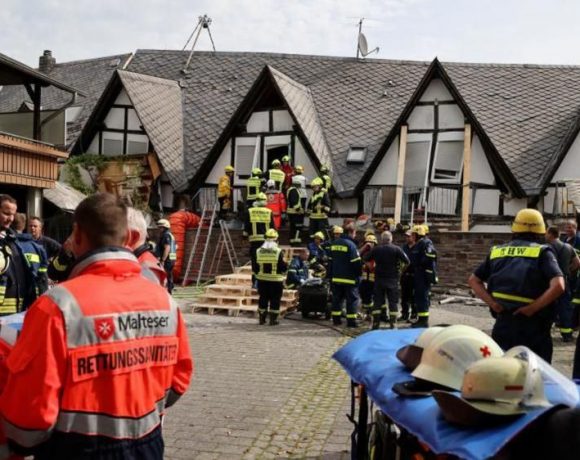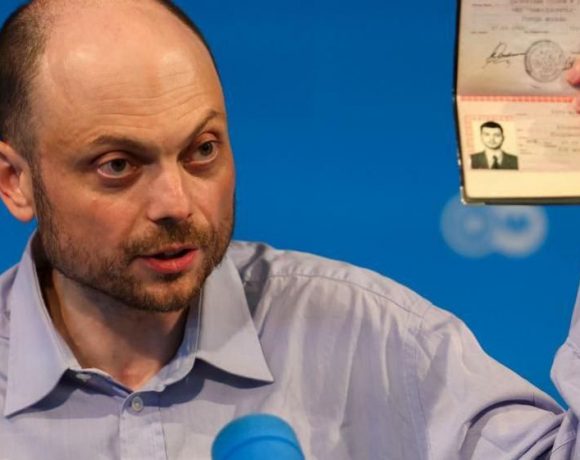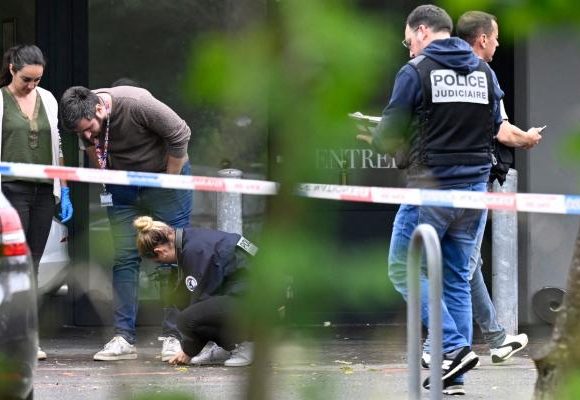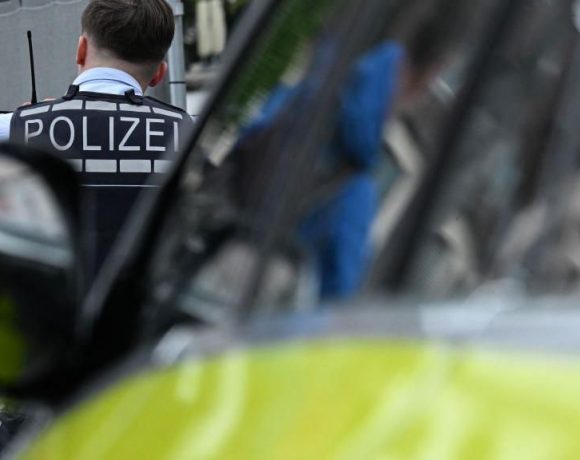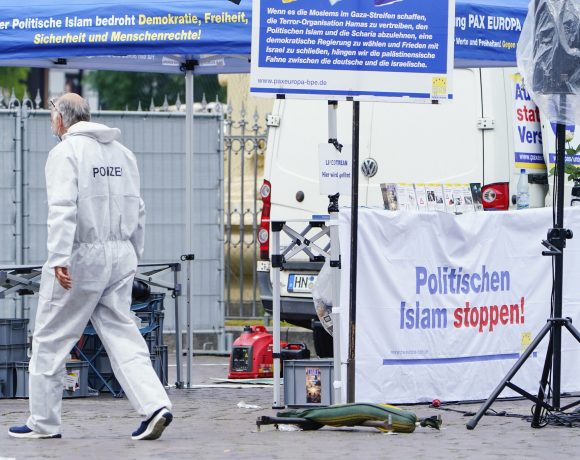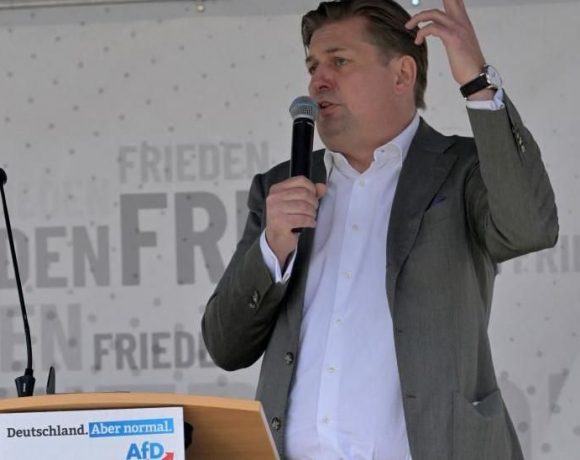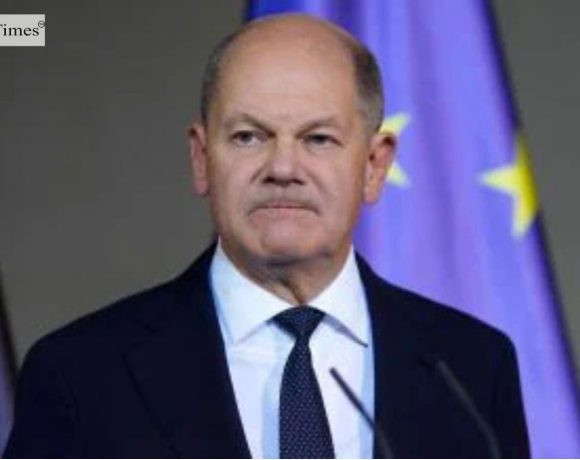
Germany’s Vice Chancellor Robert Habeck has accused US President-elect Donald Trump of attempting to undermine European unity, calling for a united European front in response. Speaking to Deutschlandfunk, Habeck claimed Trump’s past efforts to strike individual deals with European nations sought to fracture EU solidarity and warned of potential trade policy attacks targeting German products. Highlighting Germany’s significant trade surplus with the US, he stressed the importance of EU backing in trade matters.
Chancellor Olaf Scholz also criticized Trump for reigniting controversial remarks about acquiring Greenland and Canada, asserting that borders must not be altered by force. During a news conference, Scholz emphasized the principle of border inviolability as foundational to international peace. Danish Prime Minister Mette Frederiksen dismissed Trump’s renewed proposal for Greenland, reaffirming the territory’s autonomy. Trump’s comments on his Truth Social platform, advocating for Greenland to join the US, have drawn sharp rebukes from European leaders.
Adding to the strain in transatlantic ties, Tesla CEO Elon Musk, a Trump ally, publicly criticized German leaders and voiced support for Germany’s far-right Alternative for Germany (AfD) party. Scholz responded by reaffirming Germany’s commitment to NATO and Western values, emphasizing the importance of border security. As Trump’s inauguration approaches, European leaders brace for renewed challenges to relations with the US.
Pic Courtesy: google/ images are subject to copyright

